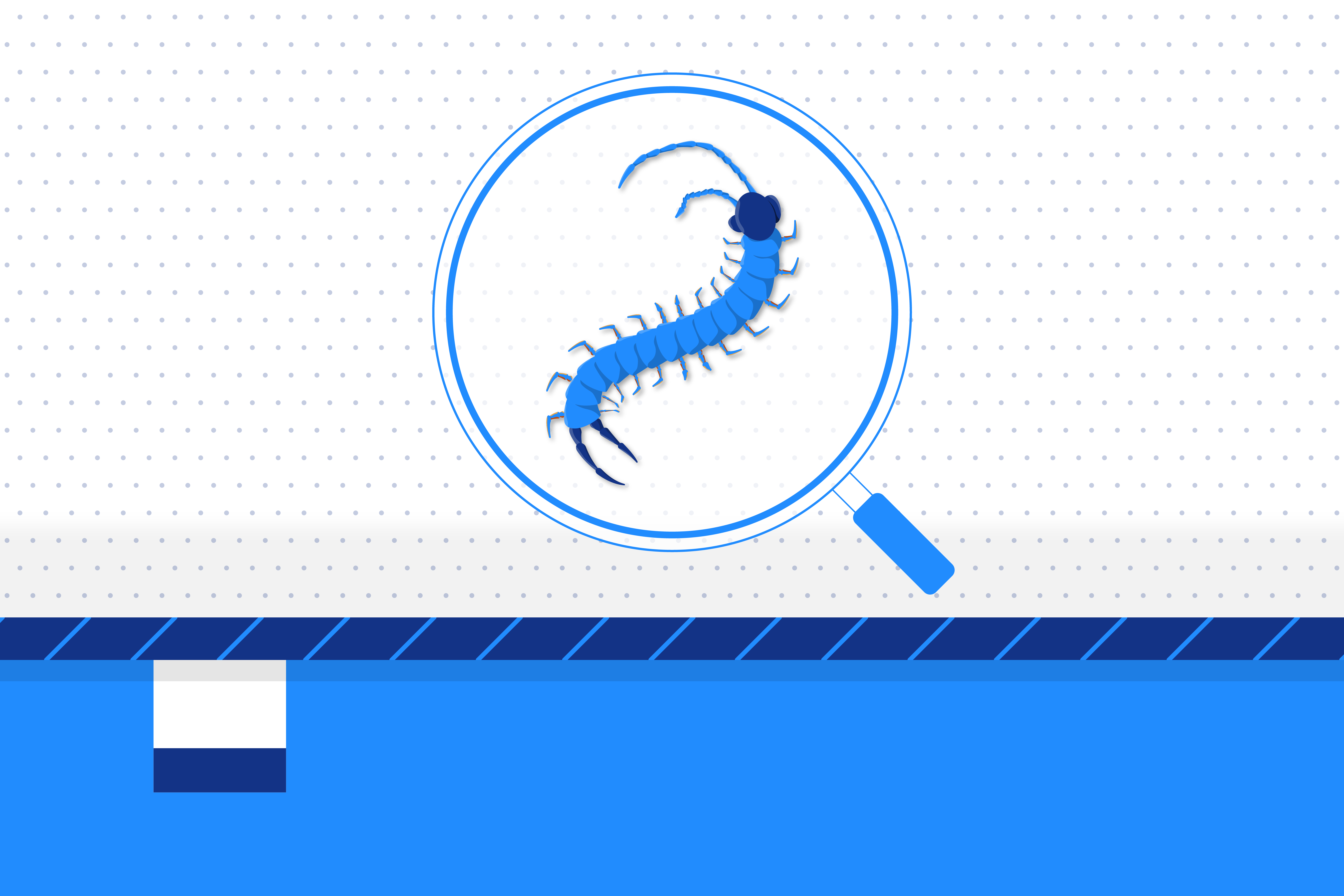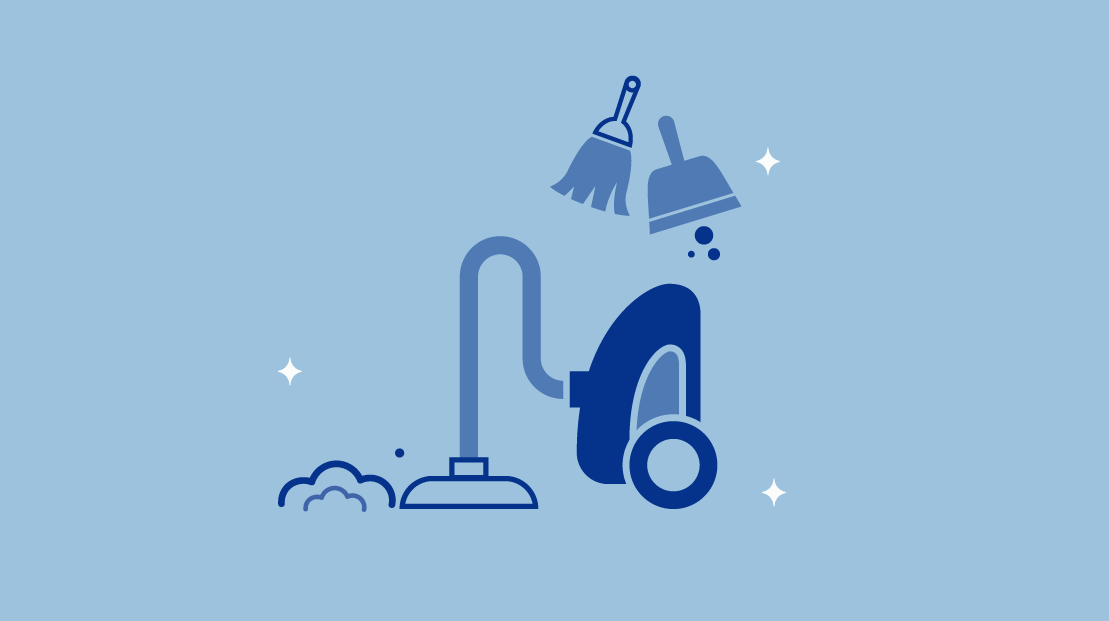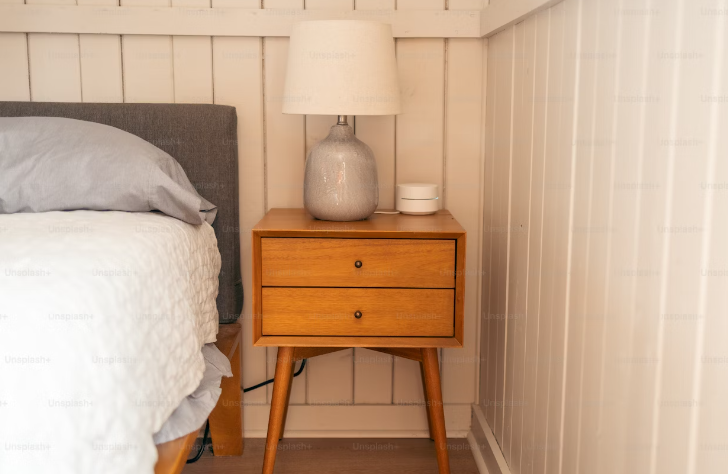Key Takeaways
- Prevention is Key: Implementing preventive measures is crucial to keeping centipedes out of your bed and home. Seal cracks, use sticky traps, eliminate their food sources, and reduce moisture in crawl spaces to create an inhospitable environment for centipedes.
- Natural Repellents: Utilize natural repellents like tea tree oil and peppermint oil to deter centipedes. These essential oils offer a safe and effective alternative to chemical pesticides, helping you maintain a centipede-free sleeping space.
- Prompt Action for Infestations: If you spot signs of a centipede infestation, such as centipedes, fecal matter, or shed skins, take immediate action. Use sticky traps to kill centipedes, eliminate hiding spots, and address infestations in crawl spaces. Seeking professional help may be necessary for more extensive problems.
Are you tired of waking up to find centipedes crawling around your bed? A centipede infestation can be a nightmare, but with the right preventative measures, you can ensure a peaceful and centipede-free sleeping environment.
In this article, we’ll provide you with effective tips and strategies on how to keep centipedes out of your bed, prevent centipedes from making their way into your home, and get rid of centipedes if you’re dealing with an infestation.
By following these simple steps, you’ll be able to rest easy at night knowing that your bedroom is free of pesky centipedes.
Quick Guide: A 30-Second Summary
| Best Pest Resistant Protector | Amerisleep Mattress Protector |
Understanding House Centipedes and Their Behavior
Curious about what’s attracting those speedy little house centipedes to your sleeping quarters? These small insects, known as house centipedes, are expert hunters who prey on other pests around your home, from cockroaches to silverfish and spiders. Although they don’t pose a direct threat to humans, you may feel uneasy sharing your bed with them.
House centipedes can appear in any room, but they’re more commonly found in damp, dark environments such as basements, crawl spaces, and bathrooms. So if you have a basement bedroom, you’re more likely to see one crawling about your floors.
These insects are also attracted to clutter and piles of debris, where they can hide in plain sight. Once they find their way inside your home, they can be tough to get rid of.
By better understanding the behavior and habits of house centipedes, you can identify potential problem areas and take steps to prevent them from taking up residence in your sleeping quarters. In the following sections, we’ll explore effective strategies that you can use to keep your bedroom centipede-free.
Identifying a Centipede Infestation
If you’ve seen a centipede in your bed, it could be a sign that there is a larger infestation. Centipedes are skilled at hiding and might be difficult to spot, but there are a few telltale signs that you can look out for.
Spotting Centipedes
The easiest way to identify a centipede infestation is by directly spotting the centipedes themselves. Centipedes have long and flat, segmented bodies, and they can range in size from a few millimeters to several inches. They typically have between 15 and 177 pairs of legs, depending on the species.
You are most likely to spot centipedes at night since they are nocturnal. They tend to hide during the day in dark and damp places like basements, crawl spaces, and closets.
Other Signs of Centipede Infestation
Aside from spotting centipedes themselves, there are a few other signs of a centipede infestation that you can look out for. These include:
- Fecal matter: Centipedes produce small, dark droppings that look similar to black pepper.
- Shed skins: As centipedes grow, they shed their exoskeletons. These skins look like transparent, empty shells and can be found in areas where centipedes have been hiding.
- Unusual pet behavior: If you have pets, they might begin to act strangely when centipedes are present. Dogs, in particular, may become more attentive to specific areas where centipedes are hiding.
If you have identified a centipede infestation, it’s essential to take action as soon as possible to prevent it from getting worse.
In the following sections, we’ll explore different methods for getting rid of centipedes and preventing them from returning.
Prevent House Centipedes in Your Bedroom
To keep centipedes out of your bed, ensure there’s no bed bug infestation, remove moisture from your home, install bathroom fans, and seal off cracks, among other measures. Centipedes prey on smaller insects and are likely in your home because other insects also inhabit your area.
Don’t let centipedes climb their way into your bed. Here are some practical tips and techniques to keep them away from your bedroom:
Seal Cracks
Centipedes can enter your home through small openings and cracks in walls, doors, and windows. Use caulk to seal these gaps, which will prevent centipedes from crawling in. Remember to check your baseboards, floorboards, and ceilings for any openings that could serve as entry points.
Sticky Traps
Use sticky traps, which are designed to catch crawling insects, to prevent centipedes. Place them along baseboards, doorways, and windows to trap any pests trying to enter your home.
Eliminate Their Food Sources
Centipedes feed on other insects, so getting rid of house spiders, cockroaches, and other indoor pests will take away their food supply and reduce the likelihood of a centipede infestation.
Reduce Moisture in Crawl Spaces
Centipedes thrive in damp areas, so make sure your crawl spaces are dry and well-ventilated to create an inhospitable environment. Use a dehumidifier or fan to circulate air and remove any moisture.
By taking these preventative measures, you can effectively repel centipedes and keep them out of your bedroom.
Natural Repellents and Home Remedies for Centipedes
If you prefer a more natural approach to keeping centipedes out of your bed, several essential oils can repel them naturally. Tea tree oil, peppermint oil, and other essential oils are known for their insect-repelling properties, making them an effective and safe alternative to chemical pesticides.
Tea Tree Oil
Tea tree oil Verified Source National Library of Medicine (NIH) World’s largest medical library, making biomedical data and information more accessible. View source is a popular choice for natural pest control due to its antiseptic and antifungal properties. Not only can it repel centipedes, but it can also help prevent bacterial and fungal growth in your sleeping space. Dilute a few drops of tea tree oil in water and spray the solution around the entry points and hiding spots in your bedroom.Peppermint Oil
Peppermint Oil Verified Source National Library of Medicine (NIH) World’s largest medical library, making biomedical data and information more accessible. View source is another Verified Source National Library of Medicine (NIH) World’s largest medical library, making biomedical data and information more accessible. View source essential oil that can repel centipedes. It contains high levels of menthol, which gives it a strong, refreshing scent that insects dislike. Mix a few drops of peppermint oil with water and spray the solution around your bed frame, baseboards, and other areas where you suspect centipedes might be hiding.Other Essential Oils
In addition to tea tree oil and peppermint oil, several other essential oils can help repel centipedes naturally. These include eucalyptus oil, lavender oil, and cedar oil. These oils can be used in a similar way to tea tree oil and peppermint oil, diluted in water and sprayed around your bedroom. As a bonus, they can also be excellent essential oils for sleep.
By using natural repellents and home remedies like essential oils, you can keep centipedes out of your bed without exposing yourself to harmful chemicals.
Dealing with an Active Centipede Problem
If you’ve already spotted one or more centipedes in your bedroom, you likely have an infestation. Dealing with an active centipede problem can be challenging, but there are effective methods to kill centipedes and eliminate their hiding spots.
Kill Centipedes Using Sticky Traps
You can use sticky traps to kill centipedes in your bedroom. These traps work by attracting centipedes with bait or a scent and then ensnaring them on a sticky surface. Place the traps along baseboards, under furniture, and in other areas where centipedes are likely to travel.
Eliminate Hiding Spots
Centipedes prefer dark and secluded areas to hide in. Reduce clutter and eliminate areas where they can seek shelter. Vacuum often under furniture, and in crawl spaces where centipedes can multiply, and other hard-to-reach areas to eliminate eggs, and centipede legs. Seal any cracks or crevices with caulk in cabinets, walls, ceilings, and baseboards where centipedes can hide or lay eggs.
Address Infestations that Extend to Crawl Spaces
If you’ve addressed the issue in your bedroom and still have an active infestation, the problem may extend to crawl spaces. It’s critical to address the problem below your property by hiring a professional exterminator. Professionals can conduct inspections and treat crawl spaces, which can hold moisture and, in turn, attract centipedes.
More to Watch Out for
Besides centipedes, be sure to keep an eye out for different bugs in your bedroom. Look for bed bugs, spiders, fleas, ants, scabies mites, lice, and cockroaches.
Dealing with mold and mildew in your bedroom can also be tricky. Stay watchful to make sure your sleeping area stays pest-free.
- What Attracts Bed Bugs and How to Prevent Them
- How to Get Rid of Bed Bugs in a Mattress
- What Do Bed Bugs Look Like?
- Signs You Have Fleas in Your Bed
- Can Termites Get in My Bed?
- How To Treat Your Mattress For Lice
- How to Get Rid of Flies in the Bedroom
- What to Do About Bees in the Bedroom
- How to Get Rid of Ants in Your Bed
- How to Get Rid of Scabies From Mattress
- How to Keep Spiders out of the Bedroom
- How to Keep Cockroaches out of the Bedroom
- How to Get Rid of Mosquitos in the Bedroom
- Should I Be Concerned About a Tick in Bed?
- Should I Be Concerned About a Silverfish in Bed?
- How to Keep Mice Out of Your Bed
- How to Spot Mold on Mattress & What to Do About It
- Mold in Bedroom: Do You Need to Worry?
FAQs
Why are there centipedes in my bed?
Centipedes are drawn to damp and dark environments, seeking shelter in areas with high humidity. Finding centipedes in your bed could indicate moisture issues or hidden cracks and crevices around the bedroom.
Addressing these conditions, improving ventilation, and sealing entry points can help deter centipedes from invading your sleeping space.
Is it safe to sleep in a room with centipedes?
Sleeping in a room with centipedes is generally safe, as these creatures are not known to pose a direct threat to humans. While centipedes are predatory insects that feed on other pests, they rarely bite humans, and their bites are usually not harmful.
However, if their presence causes distress or discomfort, it’s advisable to implement preventive measures. This includes reducing excess moisture, sealing entry points, and maintaining a tidy living space to discourage centipede activity.
What to do if a centipede crawls on you?
If a centipede crawls on you, remain calm. Centipedes do not bite humans frequently, and their bites, though rare, are usually not harmful. Gently brush the centipede off your skin, and avoid crushing it to prevent potential bites. Take measures to eliminate any centipede-friendly conditions in your living space to reduce future encounters.
Should I ignore house centipedes?
While house centipedes are beneficial predators that feed on other pests like spiders and insects, their presence can be bothersome to some individuals. Ignoring them is an option if you can tolerate their existence, as they contribute to natural pest control.
However, if their presence becomes overwhelming or causes distress, consider implementing preventive measures to minimize their numbers.
Do centipedes hide in clothes?
Centipedes typically prefer dark and damp environments. So while they may not actively seek refuge in clothing, they might accidentally end up there. To minimize the likelihood of centipedes hiding in clothes, keep your living space well-ventilated, reduce humidity, and regularly shake out or inspect clothing, especially if it has been left on the floor or in damp areas.
Conclusion
Preventing centipedes from entering your bed and home is an essential step in maintaining hygiene and preventing potential harm. By following the strategies discussed in this article, you can significantly reduce your chances of encountering unwanted pests.
Remember to eliminate other pests in your bedroom, seal entry points, reduce moisture, and eliminate hiding spots to create an unattractive environment for centipedes. Consider using natural repellents like tea tree oil and peppermint oil, and remove outdoor attractants like leaf litter to prevent outdoor centipedes from entering your home.
If you have an active centipede problem, don’t hesitate to take more aggressive measures like using sticky traps or calling a professional pest control company. And if you do get bitten by a centipede, remember to seek medical attention if necessary.
We hope this guide has been informative and helpful. Sweet dreams, and may you never have to share your bed with a centipede again!
About the author
Mitchell Tollsen is a graduate student and a freelance writer who’s contributed to the Early Bird blog for three years. Mitchell’s always been fascinated by the science of sleep and the restorative processes our bodies undergo when at rest. The self-titled “Sleep Expert” is always looking for ways to improve his shut-eye, and throughout the years has implemented numerous lifestyle changes and tried dozens of sleep-promoting gadgets to determine the best ways to truly get better rest.
View all posts





